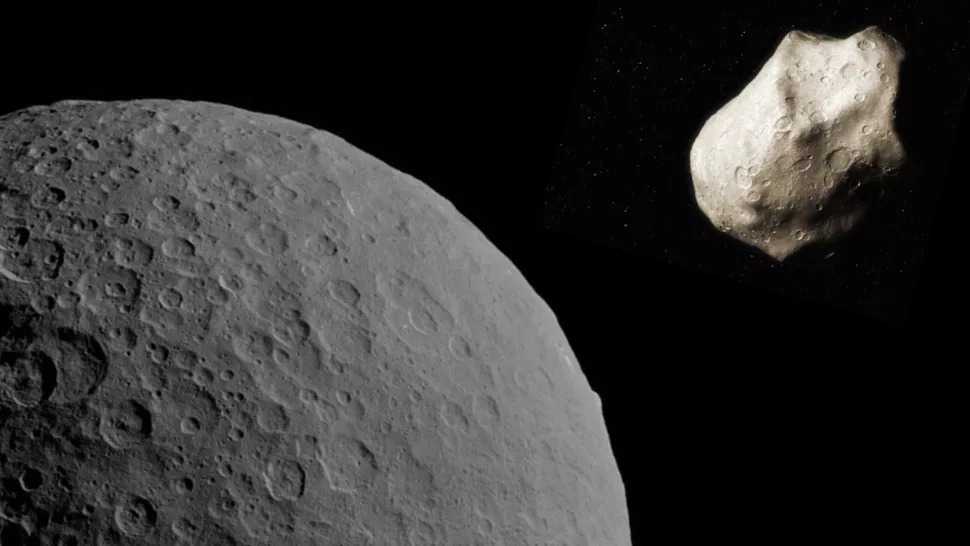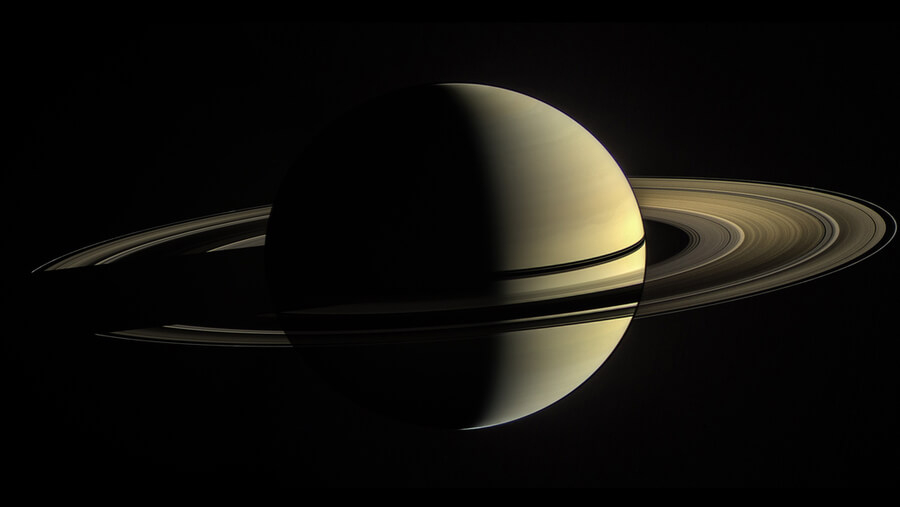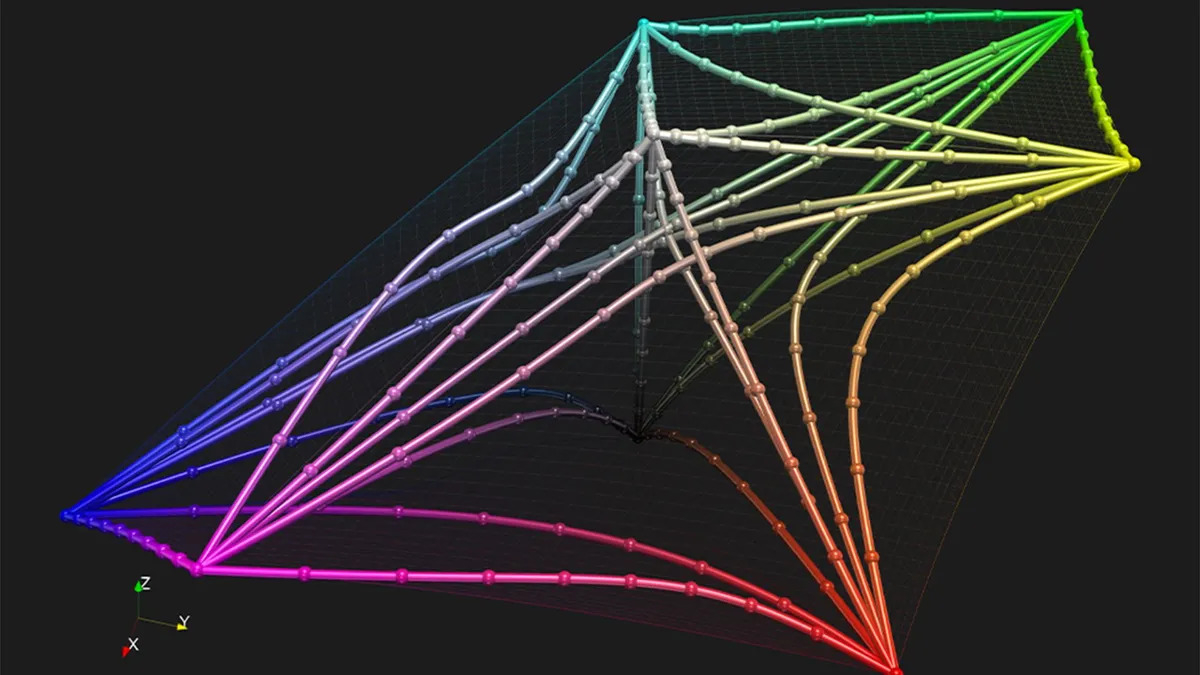2022 just got even harder

Image: NASA/Robert Lea
A long time ago in a galaxy not so far away, there was reportedly a collision between an asteroid and a dwarf planet. And this impact, if a study published last week in the peer-reviewed Proceedings of the National Academy of Sciences is to be believed, could lead us to a whole new way of making diamonds – already one of the hardest substances known to humankind – even harder.
💎☄️ Before we get started… we should mention lonsdaleite, a rare hexagonal diamond thought to be harder than normal cubic diamonds. It was first discovered in the Canyon Diablo meteorite in 1967, and has since only been found in rock samples from outer space.
But while we knew the material existed, we didn’t quite know how it was formed. Which brings us back to the researchers who conducted the recently published PNAS study.
- Using electron microscopes, the team studied ureilites, a rare type of meteorite that may come from the mantle of a dwarf planet, dating to ~4.5 billion years ago.
- In them, they found the largest lonsdaleite crystals discovered to-date, as well as evidence of a “supercritical chemical vapour deposition process” that probably occurred after impact with an asteroid.
📝🧑🔬 Bottom line: Building upon research published in 2020, “this study proves categorically that lonsdaleite exists in nature,” RMIT Professor Dougal McCulloch, one of senior researchers on the project, said in a press release.
And since chemical vapor deposition is one of the ways normal cubic diamonds are being created in labs, the study’s researchers think their work could help inform new manufacturing techniques to make hexagonal diamonds that are even harder.
Share this!
Recent Science & Emerging Tech stories

Science & Emerging Tech
| September 16, 2022Chrysalis didn’t miss-a-lus
🪐 Scientists may have discovered how Saturn’s rings were formed ~160M years ago, per a new peer-reviewed study published in “Science”.

Science & Emerging Tech
| September 15, 2022Into the magical world of color theory
🎨 Legends in math and physics – and subsequently, the whole scientific community – have been wrong about how humans perceive color for more than a century, per a new peer-reviewed paper that could lead to more vibrant computer, phone, and TV screens.

Science & Emerging Tech
| September 14, 2022Chemo: soon to be a thing of the past?
💊 We may have a cancer treatment that performs better than chemo, per new data presented this week at an oncology conference in Paris – though the key word is “may.”
You've made it this far...
Let's make our relationship official, no 💍 or elaborate proposal required. Learn and stay entertained, for free.👇
All of our news is 100% free and you can unsubscribe anytime; the quiz takes ~10 seconds to complete